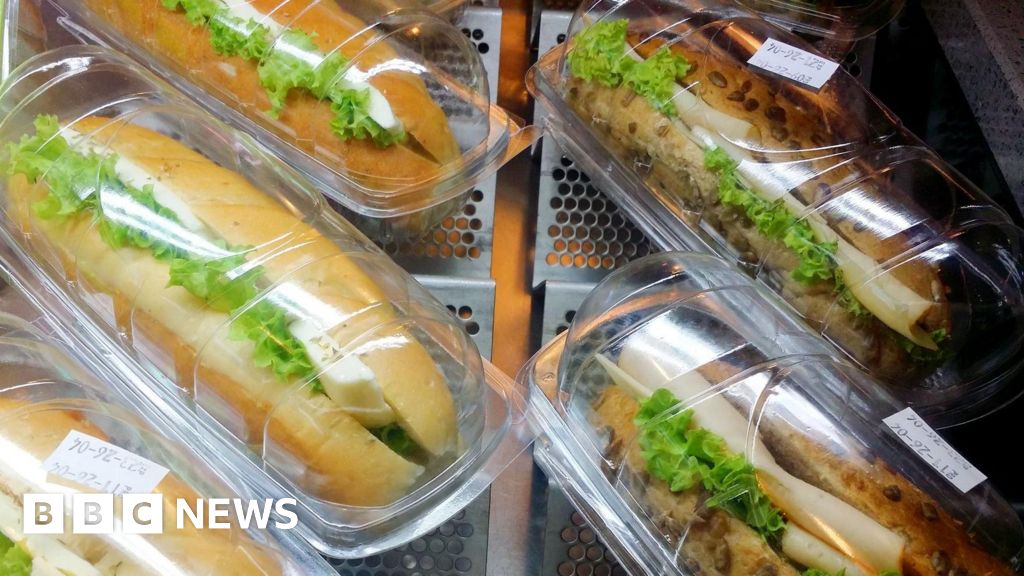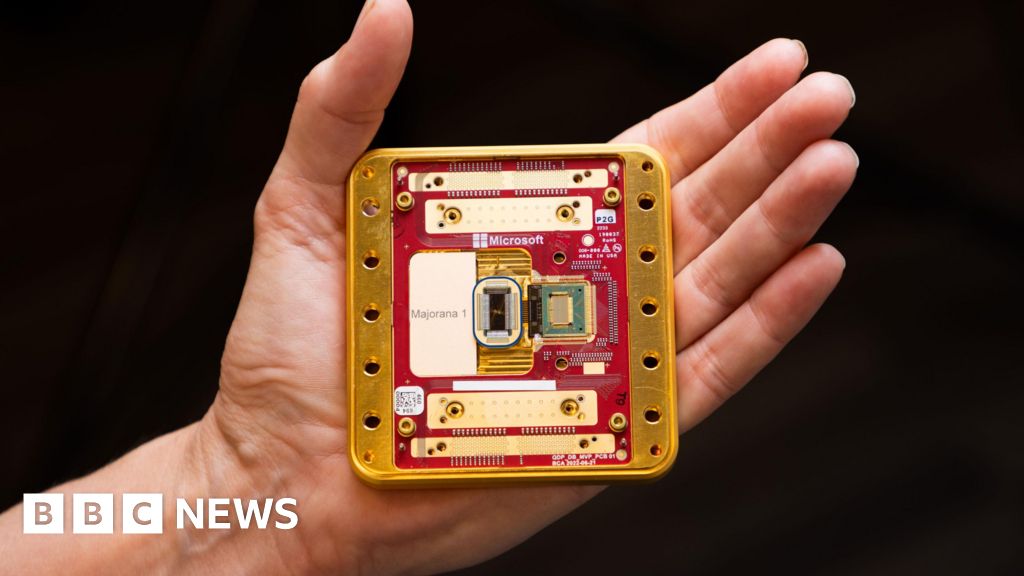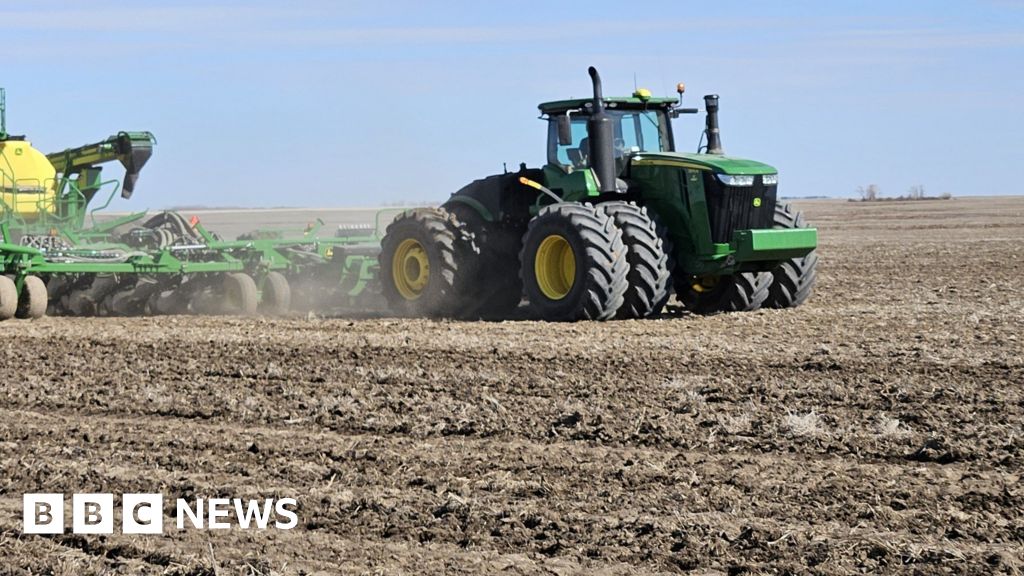Food manufacturers are recalling a small number of products – believed to be pre-packed sandwiches containing salad leaves – as a precaution following a recent outbreak of E. coli in the UK.
Experts had previously said the outbreak was linked to food that was widely and readily available.
Retailers are taking swift action to remove products from shelves.
Some 113 people are known to be affected so far.
Andrew Opie at the British Retail Consortium said: “Following investigations by the Food Standards Agency and UK Health Security Agency regulators, a number of manufacturers in the supply chain are taking precautionary measures and issuing a recall notice for a small number of products.
“Retailers affected are taking swift action to remove these products from sale and are working closely with the Food Standards Agency to take any further action needed to minimise risk to their customers.”
We are expecting an update from officials shortly.
What is E. coli?
E. coli are a diverse group of bacteria that normally live in human and animal intestines.
Some types are harmless but others can make people seriously ill.
Tests have shown that the type in this outbreak is called E.coli STEC O145.
It produces a Shiga toxin – which can attack the lining of the gut.
Symptoms can include diarrhoea that can be bloody, stomach cramps, fever and vomiting.
It usually takes a few days from being infected for symptoms to show.
Most people recover well, but some – such as young children or people with underlying health conditions – can become very unwell.
There is no specific treatment for E. coli infection. People who are infected can usually be cared for at home and most will get better without medical treatment.
It Is important to drink plenty of fluids, as diarrhoea can lead to dehydration.
A small number may go on to develop a serious complications including haemolytic uraemic syndrome (HUS) which can damage the kidneys.
People should seek medical help if worried.
There are things people can do to reduce the risk of infection.
Regularly wash your hands with warm water and soap — alcohol gels do not kill all bugs that cause diarrhoeal illness.
Wash fruit and vegetables and cook food properly.
If you have symptoms, you should not prepare food for others and avoid visiting people in hospitals or care homes.
People should not return to work, school or nursery until 48 hours after symptoms have stopped.































